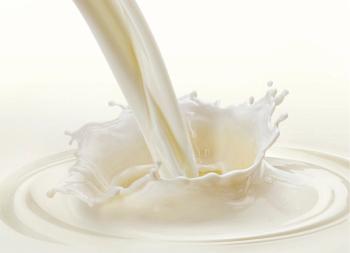
New study finds that turmeric extract similarly effective to acetaminophen
A recent study compared the effects of a bioavailable turmeric extract (BCM-95 from Arjuna Naturals; Dallas, TX) at a dose of 500 mg twice daily to 650 mg of paracetamol (also known as acetaminophen) three times daily for six weeks.
A recent study1 compared the effects of a bioavailable turmeric extract (BCM-95 from Arjuna Naturals; Dallas, TX) at a dose of 500 mg twice daily to 650 mg of paracetamol (also known as acetaminophen) three times daily for six weeks. In the randomized, non-inferiority, controlled clinical trial, 144 subjects with knee osteoarthritis completed the study. Of those subjects, 71 randomly received the turmeric extract and 73 received paracetamol. The primary outcome of the study was the Western Ontario and Mc Master Universities Osteoarthritis Index (WOMAC) pain subscale measured at baseline and six weeks. Secondary outcomes were the WOMAC total, WOMAC stiffness, and WOMAC physical function scores. Serum CRP and TNF-alpha were also assessed.
Results showed that the effectiveness of the turmeric extract in reducing WOMAC scores was similar to that of paracetamol, but was better than paracetamol at reducing CRP and TNF-alpha levels. There were no significant differences in the change of WOMAC scores between the two groups, but the reduction in TNF-alpha was significantly greater in the turmeric group. The majority of patients in both groups saw a ≥ 20% reduction in WOMAC pain score and WOMAC pain and function/stiffness score (80% vs 77% and 61% vs 58% in the paracetamol and turmeric group, respectively). Additionally, 18% of the turmeric group saw a ≥ 50% improvement in WOMAC pain and function/stiffness score and 3% of patients saw a ≥ 70% improvement while none of the patients in the paracetamol group saw a ≥ 50% improvement.
"The goal of the current study was to build on the earlier studies to give a better clarity and specificity by including more markers and a better scoring methodology," said Benny Antony PhD, joint managing director for Arjuna, in a press release. "The anti-arthritic effect of BCM-95 in osteoarthritis is attributed to its capability to modulate anti-inflammatory markers TNF and CRP."
"We are learning more about the mechanisms behind curcumin's anti-inflammatory effect which we believe is a result of its ability to inhibit pro-inflammatory signals, such as prostaglandins, leukotrienes, and cyclooxygenase-2. In addition, curcumin has been demonstrated to suppress several pro-inflammatory cytokines and mediators of their release, such as tumor necrosis factor-α (TNF-α), IL-1, IL-8, and nitric oxide synthase," adds Antony.
Reference
Singhal S et al. “Bioavailable turmeric extract for knee osteoarthritis: a randomized, non-inferiority trial versus paracetamol.” Trials, vol. 22 (2021): 105
Newsletter
From ingredient science to consumer trends, get the intel you need to stay competitive in the nutrition space—subscribe now to Nutritional Outlook.



